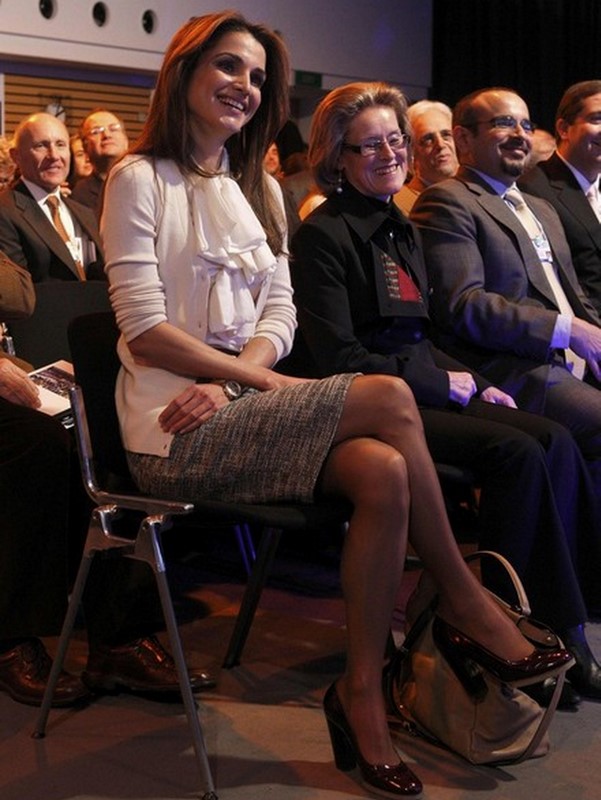
"You can live as if nothing is a miracle... or you can live as if everything is a miracle." ~Albert Einstein
Find your miracle in this present moment.
Peace and blessings,

















"You can live as if nothing is a miracle... or you can live as if everything is a miracle." ~Albert Einstein















In Food, Inc., filmmaker Robert Kenner lifts the veil on our nation's food industry, exposing the highly mechanized underbelly that has been hidden from the American consumer with the consent of our government's regulatory agencies, USDA and FDA. Our nation's food supply is now controlled by a handful of corporations that often put profit ahead of consumer health, the livelihood of the American farmer, the safety of workers and our own environment. We have bigger-breasted chickens, the perfect pork chop, herbicide-resistant soybean seeds, even tomatoes that won't go bad, but we also have new strains of E. coli—the harmful bacteria that causes illness for an estimated 73,000 Americans annually. We are riddled with widespread obesity, particularly among children, and an epidemic level of diabetes among adults.
Featuring interviews with such experts as Eric Schlosser (Fast Food Nation), Michael Pollan (The Omnivore's Dilemma, In Defense of Food: An Eater's Manifesto) along with forward thinking social entrepreneurs like Stonyfield's Gary Hirshberg and Polyface Farms' Joel Salatin, Food, Inc. reveals surprising—and often shocking truths—about what we eat, how it's produced, who we have become as a nation and where we are going from here.









Agents are hired to do certain chores a writer needs done, to help in negotiating contracts, to be a pit bull with late payments, to have connections with Hollywood and maybe overseas, although that job is falling away as well. They are the business contact between the publisher and the writer on business items, leaving the editor and writer to work on the craft side.
So suddenly, because of the situation, the publishers are demanding that a writer hire an employee before they will look at their product.
Excuse me?
Let me look at why this system is about to fail and fail big.
First off, it forces agents by the nature of the requirement to be the gatekeeper for all the bad stuff publishers don’t want. That’s not their job. When I hire an agent, I don’t hire a slush reader doing someone else’s work, I hire someone who negotiates contracts for me and has good contacts. I don’t want MY employee reading slush.
It allows young agents to think they are the boss at times over writers. Of course, no longterm writers think this, and no respected, longer term agent thinks it either, but beginning writers and early professionals fall into this trap, and even go so far as to rewrite a book on demand of their agent.
Excuse me?? If the agent could write, they would be, instead of taking 15% of what a writer makes for writing. Yet beginning writers and young professionals who don’t understand how the business really works fall into this ugly rewriting trap all the time. Agents are your employee, they don’t tell you what to do, you tell them. Duh.
This guideline also helps young agents believe they have a lot more power than they really do, and it makes new writers buy into that belief. I have heard new writer after new writer get excited about “getting an agent” and the agent is 26 years old, a former editor who got laid off, and has hung out a shingle. The new agent wouldn’t know how to negotiate a contract if their life depended on it, let alone have any contacts except for maybe a few people in the place they were fired. But as a former editor, they think they know what makes a book better, so they think their job is to have new writers rewrite. And thus years are wasted and no one makes any money.
Point right here: Anyone can be an agent. There are no rules, no regulations, no training. The old joke is “What does it take to become a book agent? Stationery.”
Another reason this system is showing major cracks and about to fail is that editors are not getting the new and innovative books they are looking for. They are not seeing the new talent, the new dangerous voices, because the agents and the system itself are blocking these voices. Often these new voices fall into the rewriting trap shoved on them by a new agent in the business and if the editors see anything, they see the watered-down manuscript that fits into the next vampire/Da Vinci Code want-to-be.
Writer after writer after writer I have met are getting discouraged and when I ask how many editors have rejected their book they say “None. But I sent it to 30 or 40 agents before giving up on it.”
No editor had a chance to buy the book.
Makes me want to cry for all the good books lost in this last decade.







